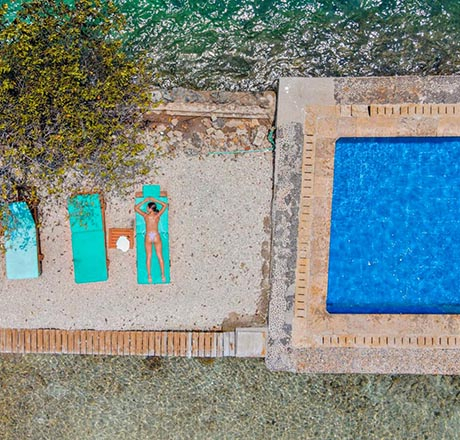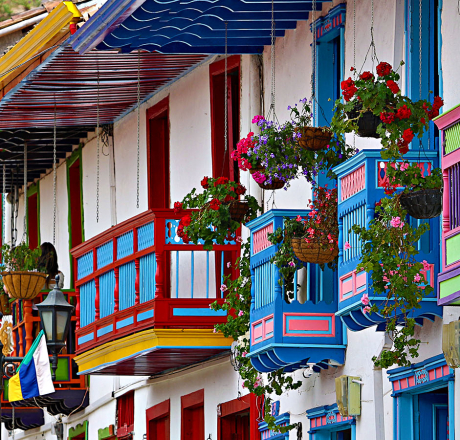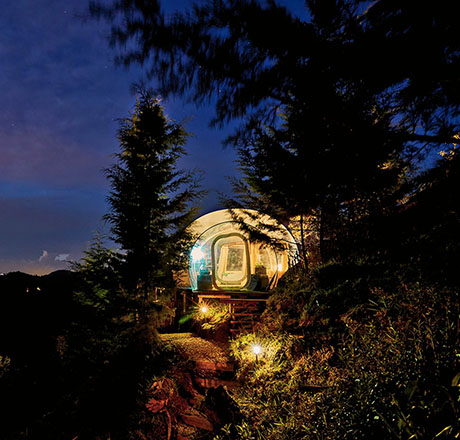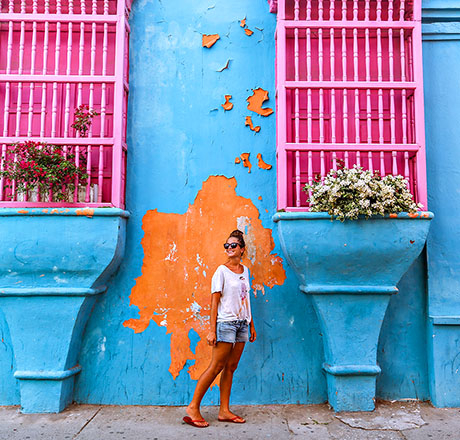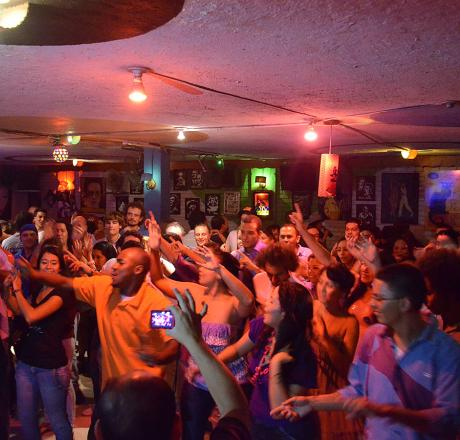South America
Colombia
vital statistics
- Bogotá
- 48 million
- Spanish
- Peso
If you’ve paid more than a passing glance at those lists telling you where to visit before anyone else gets there, you may have noticed Colombia turning up with alarming regularity. It’s easy to see why. After decades of being off limits due to violence and corruption, there’s been a massive turnaround, with the country now deemed safe for travellers. Which is perfect, because there’s plenty to discover, whether you’re the type who delves into urban landscapes or takes off, pack on back, ready to hike to adventure.
Pristine Caribbean coastline one day; the Andes the next. This is one of the most biodiverse countries in the world and its landscapes range from desert to savanna, Amazon jungle to snowcapped mountain peaks.
Its capital, Bogotá, is super stylish, but not a city driven by the needs of tourists. Instead, the traveller enjoys what the locals do. And, each Sunday, the main roads are closed to motor vehicles to make way for the residents who walk, bike and skate to their hearts’ content.
Medellín, famous for its most infamous former resident Pablo Escobar, is now the fashion capital of South America. It also has an incredible elevated Metro system that includes two Metrocable lines climbing high into the hills surrounding the city. An all-day ticket to scale the heights costs less than a dollar.
The country’s third-largest metropolis is also the world’s salsa capital. Cali, one of the oldest cities in the Americas, also has a specific forward–backward style of the sultry dance called salsa caleria.
Once you danced, shopped, eaten and partied (did we mention Colombia hosts one of the biggest Carnival celebrations?), head to the little-visited northern pocket of the country, La Guajira, where you’ll find flamingos, sand dunes, swamps and Wayuu villages. Or perhaps lost cities are more your cup of finely blended Colombian coffee. A three-day walk through the jungles and rivers of Sierra Nevada will take you to Ciudad Perdida, built by the Tayrona people hundreds of years before Machu Picchu was a glint in the Incas’ eyes.
 (
(








